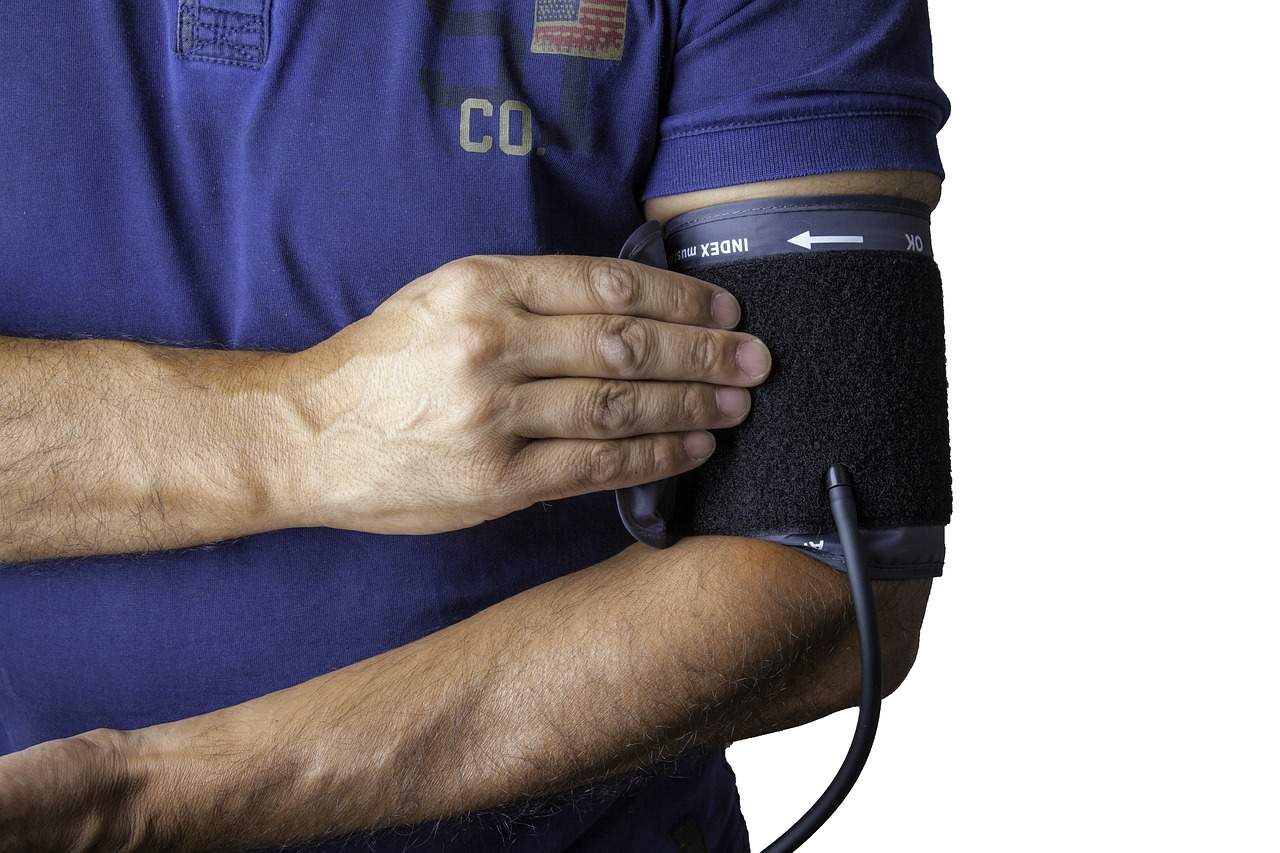
More than 70 years ago, house calls were the norm. Patients who paid directly for healthcare services expected doctors to remain on call 24/7 and come to their homes to treat them. As hospital-based care and health insurance became available, house calls declined. Some doctors felt that house calls were an inefficient use of time and waste of money. Many insurance carriers also refused to cover travel expenses and at-home services.
With improvements in portable technologies, doctors, hospital administrators, and insurers realized that they could retain a profitable business model and help those in need with house calls since many patients are housebound or can’t afford to travel. Consider the following:
Rugged Tablet Computers
Lightweight, compact rugged tablets can carry entire medical information databases and securely-encrypted patient medical files. With wireless and touchscreen capabilities, textured grips for easy handling, durable exteriors that prevent fall, dust and moisture damage, and a wide selection of medical diagnostic and management app tools, doctors, nurses and trained caregivers can provide care to patients at home easier than ever before. Patients in home care programs who receive rugged tablets can ask for assistance between visits via video conferencing.
Miniature Wireless Attachments
Available portable attachments make it possible for healthcare providers to bring office functionality into patient homes. For example, they can use handheld scanners to scan patient identification, insurance cards and reports by other doctors. With a signature capture device, they can acquire a copy of the patient’s signature if it’s not already on file. A physician can also use a printer to print out a hard copy of treatment instructions or a script in a rural area where the wireless is spotty.
Portable Ultrasound Machines
Housebound patients who need a check-up and diagnostic appointments typically have health problems that make it difficult for them to walk or they pose a risk to others, such as a cancer patient, a highly contagious child or an expectant mother whose pregnancy has reached a dangerous stage. Portable ultrasound machines like those offered by KeeboMed make it possible for trained medical personnel to scan patients in their homes so that they don’t have to suffer through pain or risk unnecessary trauma or harm to others by traveling to a hospital or physician’s office.
So many portable tools now exist that it’s impossible to mention them all here. By using these three types of portable technologies, healthcare professionals are guaranteed to have a positive impact on their patients’ lives.

